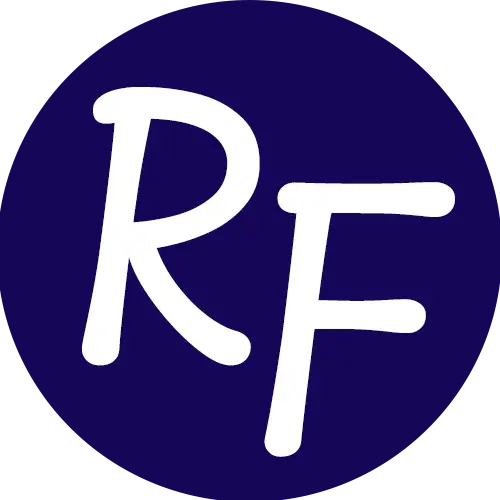You know those moments when you discover something that fundamentally shifts your understanding of what’s possible? The Lost Archives proved to be exactly that kind of revelation. Deep in the Academy’s archives, surrounded by ancient texts and forgotten wisdom, I had precisely that experience. What I found wasn’t just historical records—it was a window into an entirely different way of thinking about power, potential, and organizational transformation.
The Age of Natural Unity
Before the Sundering, magic wasn’t just different—it was transformative. Imagine an organization where collaboration happens naturally, where artificial barriers don’t exist, and where power flows to where it’s needed most. The pre-Sundering world offers us a fascinating lens through which to examine our own assumptions about control and innovation.
Consider this recovered text from a master practitioner: “Power doesn’t need to be controlled—it needs to be understood.” Does this sound familiar? It’s remarkably similar to how modern innovation leaders talk about unleashing organizational potential. The parallels between ancient magical unity and contemporary organizational transformation are striking and instructive.
The Psychology of Separation
The shift toward control didn’t happen overnight. The archives reveal a fascinating progression that mirrors many modern organizational transformations. Just as today’s businesses often react to disruptive innovations with a mixture of fascination and fear, the pre-Sundering society struggled with the implications of unrestricted magical collaboration.
One particularly telling document records a debate among Academy leaders that could have been taken from any modern boardroom: “Unrestricted collaboration generates unprecedented results, but how can we ensure those results serve organizational objectives?” The answer, tragically, was to prioritize control over potential.
Hidden Resistance and Natural Patterns
Not everyone quietly accepted this new order. The archives contain coded messages between practitioners who maintained secret unified magic study groups. They discovered something remarkable: even after the Sundering, natural collaboration patterns tried to reassert themselves. It’s like those unofficial networks that form in modern organizations when formal structures become too rigid.
Key insight: Innovation doesn’t stop when we try to control it—it just goes underground. The archives suggest this might be far more costly than merely lost efficiency.
The Lost Technologies of Trust
Perhaps the most startling discoveries relate to what was lost. Pre-Sundering practitioners had developed systems that worked with natural patterns rather than against them. Their approach wasn’t about controlling power but creating environments where power could flow naturally to where it was needed.
Consider these reflection questions from an ancient text:
- What if control systems create the very chaos they’re meant to prevent?
- How much potential do we lose by prioritizing predictability over possibility?
- What might emerge if we trusted natural collaborative patterns?
The Keeper’s Warning
The journal of the Academy’s last pre-Sundering Record Keeper offers a profound warning that resonates across centuries: “Today we begin the great separation. They say it’s necessary for safety, for control. But I fear we’re not preventing chaos but evolution.”
That Record Keeper understood something we’re just beginning to rediscover: by trying to control natural collaboration, we might be stopping our organizations from evolving into something better.
Lessons for Modern Transformation
What can these archives teach us about modern organizational transformation? Several key insights emerge:
- Natural collaboration patterns exist for a reason. When we fight them, we expend enormous energy maintaining artificial separations.
- Fear of uncontrolled power often leads to more dangerous systems than we were trying to prevent.
- Innovation requires space for unexpected connections.
- The most powerful transformations often start at the edges of our control systems.
The Path Forward
The archives tell us more than just about the past—they offer hints about potential futures. As reality shows signs of remembering its unified nature, we face choices similar to those faced by pre-Sundering leaders. Will we continue to maintain costly control systems, or will we find the courage to trust in natural collaboration?
Strategic Questions to Consider:
- What “unauthorized collaborations” in your organization might be pointing toward better ways of working?
- How much organizational energy do you spend preventing natural innovation?
- What might happen if you redirected that energy toward amplifying emergent potential?
The Wisdom of Memory
The most powerful message from the archives isn’t about magic at all—it’s about trust. Those pre-Sundering societies understood something we’re rediscovering: the most powerful transformations don’t come from controlling people’s potential. They come from creating spaces where that potential can naturally emerge.
As one ancient text beautifully states: “True power doesn’t come from perfect control. It comes from perfect trust in natural harmony.”
Author’s Note: While creating this fictional history of the Academy, I found myself discovering surprising parallels between magical transformation and organizational innovation. Though these “ancient texts” spring from imagination, they reflect real patterns in how organizations handle the tension between control and potential. Consider this an invitation to explore your own organizational structures through fresh eyes—even if those eyes happen to be looking through magical lenses.






